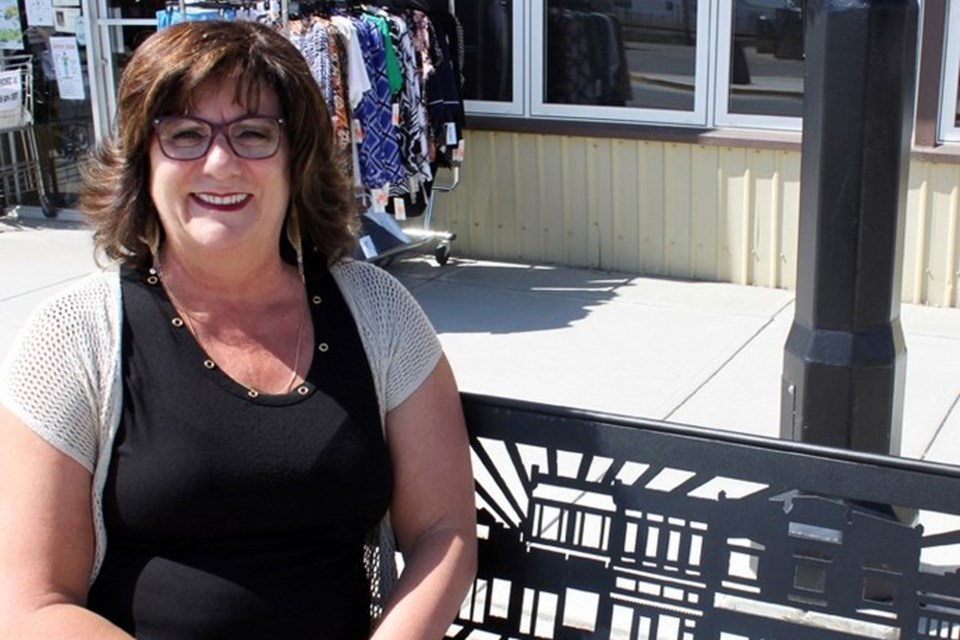OLDS — A project to turn waste into energy could radically change the future of local landfills, according to Mountain View Regional Waste Management Commission (MVRWMC) chair Mary Anne Overwater.
She said Larry Wright, the town’s strategy and technology officer, is “a very valuable asset” for the association creating the project.
Overwater made those points during a September council meeting as councillors received a report from the Southern Alberta Energy From Waste Association (SAEFWA). Olds is a member of that association.
That report discussed the socio-economic impact the association’s proposed project could have.
The SAEFWA was created in 2009. The non-profit group is a coalition of 60 municipal entities and waste management jurisdictions in southern Alberta.
Its purpose is to figure out how to turn non-recyclable waste into energy in order to reduce the reliance on landfills in the long term.
In January, the association announced its preference is to construct a facility in Newell County, an area that straddles Highway 1 from northwest of Suffield to east of Strathmore. The town of Brooks sits right in the middle of that county.
It’s uncertain when that facility will be constructed and begin operation.
However, when fully operational, it will process up to 300,000 metric tonnes of municipal solid waste per year from various SAEWA member municipalities and other waste generators across southern Alberta.
Proponents say it will cut greenhouse gas emissions by more than seven million tonnes over the life of the project, or approximately 236,000 tonnes per year, equivalent to taking more than 53,000 vehicles off the road.
It’s expected to generate about 205,000 megawatts (MWh) of electricity per year, enough to power more than 28,000 homes. That’s expected to provide the association with revenue of at least $11 million a year.
About 490 jobs are expected to be created during construction of the plant. Once it’s built, it’s expected to create about 57 direct permanent jobs and approximately 69 indirect jobs, generating a total of $11 million in employment income.
Proponents also say the plant could drive even more economic development by providing energy for other businesses such as greenhouses, agriculture and meat packing plants.
Overwater noted the association has received money from senior levels of government to undertake studies and business plans. It has worked with the University of Alberta as well.
“It will be a huge facility once it’s completed and it will benefit I think any communities that are struggling with having landfills,” Overwater said, adding that some permits may not be extended or approved, due to environmental concerns or other issues.
“Eventually it’s becoming – I don’t want to say obsolete, because I think we’re always going to need landfills for one reason or another -- but I think as we all know, Environment Alberta is not giving permits out like candy to just go and build landfills anymore, so you know, you have to have an alternate solution,” Overwater said.
“The people on that board have put in thousands of hours in order to get it to where it is today, so I’m really hoping that we can see it come to fruition within the next three to five years.”
Council voted to receive a report on the association’s report as information.



